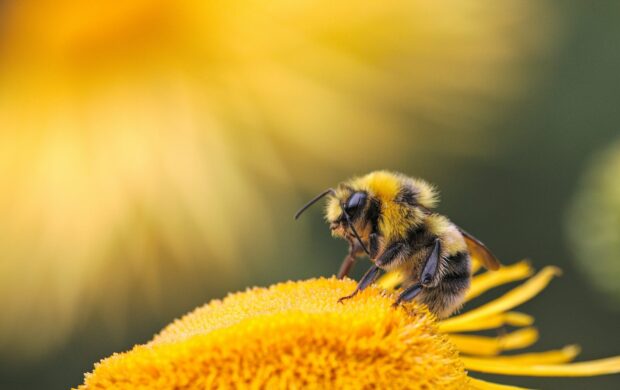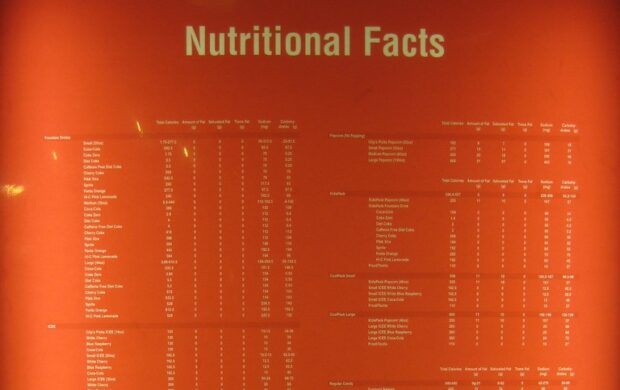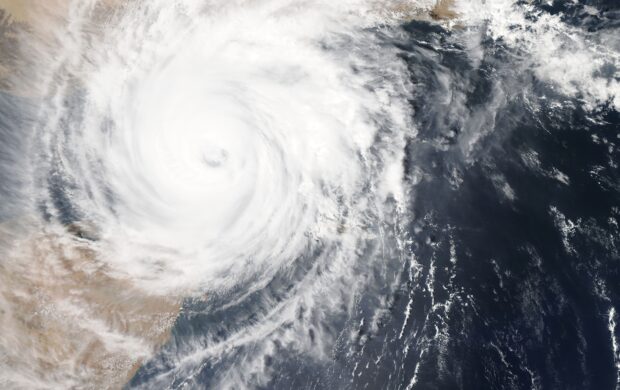Central and South America and 40% of were of indigenous people. The investigation shows that most of the activists were killed whilst involved in disputes over hydropower, mining and agri-business, either shot by police during protests or by hired assassins. 2014 saw a spike in killings related to hydropower programmes, with 14 people killed campaigning for defending their land against dam projects. Honduras, has the most environmental activist killings per capita, with 101 deaths between 2010 and 2014, the report says. It is likely that the true death toll is greater than what is on public record, as the killings often occur in remote under-reported areas or in countries with restricted human rights monitoring.
The report also investigated trends in violence and intimidation, and has received testimony from activists who have been threatened and attacked or even charged with criminal activity or terrorism. Many campaigners are aware of the risks, “They follow me. They threaten to kill me, to kidnap me, they threaten my family. That is what we face,” Berta Cáceres, an indigenous Lenca activist and winner of the 2015 Goldman Environmental Prize, told Global Witness.
Image credit: Rainforest Action Network / Flickr











